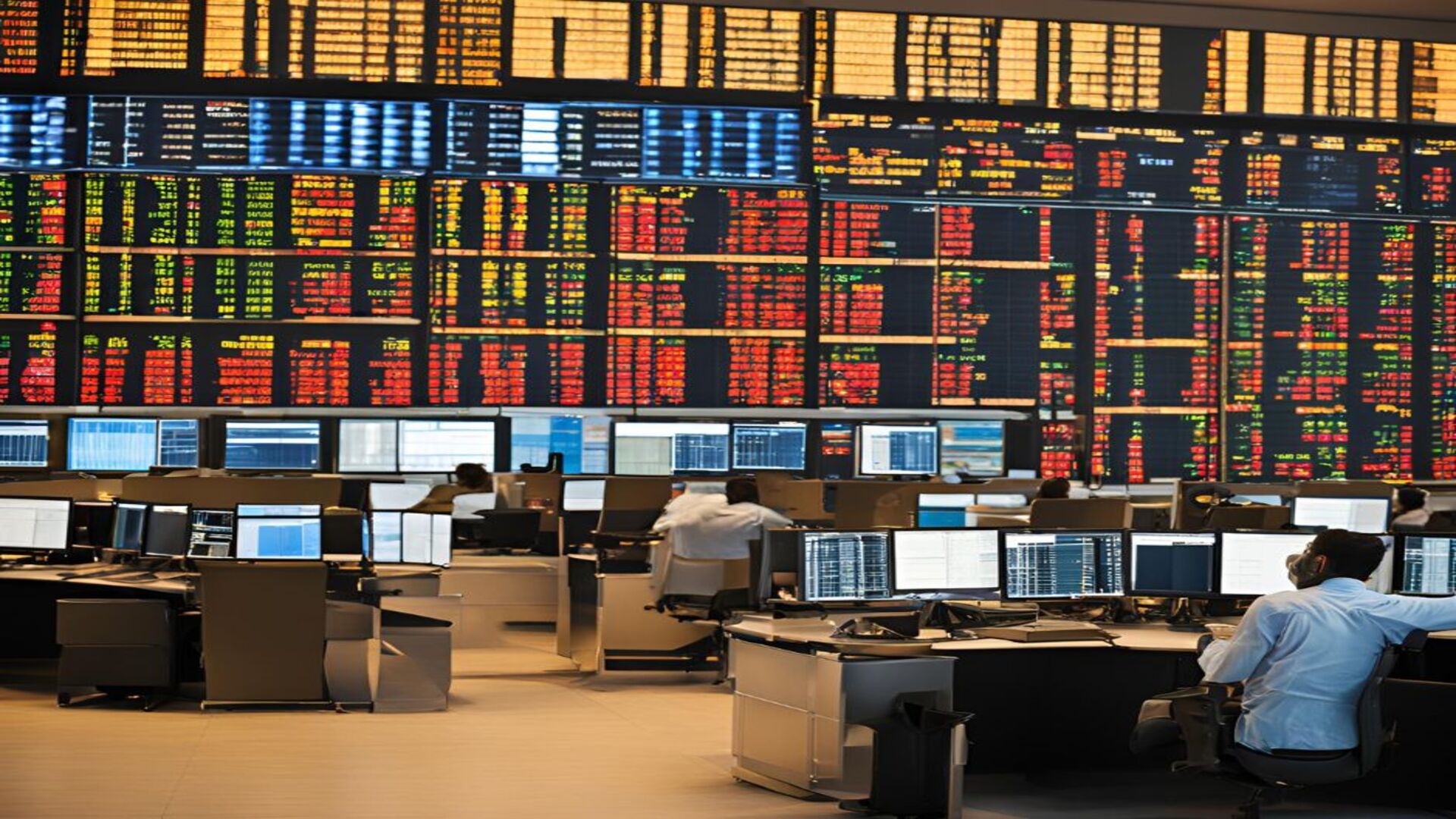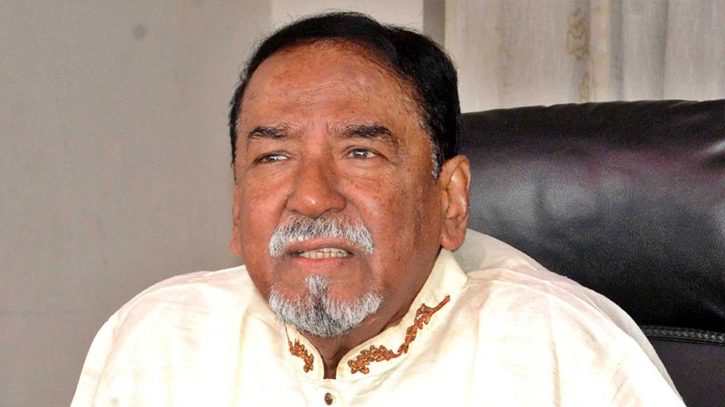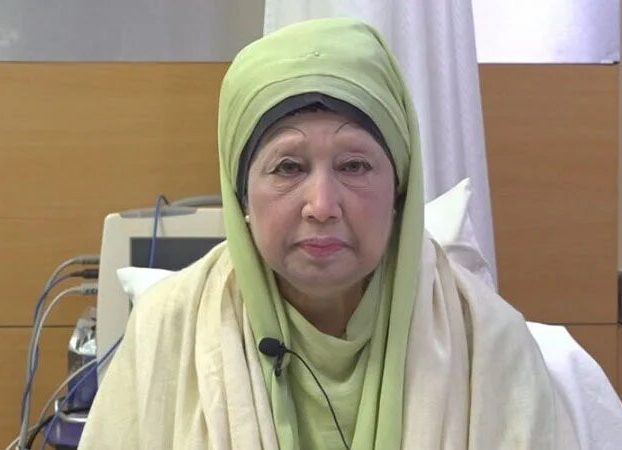
Bangladesh, a nation of over 170 million people, is currently navigating a period of profound political and economic uncertainty. Following the recent political upheaval that saw the ousting of Sheikh Hasina’s Awami League government, the country has entered a transitional phase under the leadership of an interim government headed by Dr. Muhammad Yunus. This government, formed in the wake of mass protests and public dissatisfaction, faces the monumental task of stabilizing an economy that has been significantly impacted by political instability, rising inflation, and a host of other challenges.
The Political Context: From Stability to Unrest
For over a decade, Bangladesh experienced a period of relative political stability under the Awami League, led by Sheikh Hasina. During this time, the country made notable strides in economic development, poverty reduction, and infrastructure improvements. However, underlying issues, such as corruption, authoritarian governance, and economic inequality, simmered beneath the surface. These issues eventually culminated in widespread discontent, leading to massive protests and the eventual toppling of the government.
The interim government, established in August 2024, has been tasked with managing the country’s affairs until the next general election. However, the political transition has been anything but smooth. The sudden change in leadership has created a climate of uncertainty, particularly in the economic sector, where businesses and investors are grappling with the implications of the new regime.
Inflation: A Pressing Concern
One of the most immediate and pressing challenges facing the interim government is the soaring inflation rate. Inflation, which had been a growing concern even before the political crisis, has now reached alarming levels. The Consumer Price Index (CPI) has shown a steady increase, driven by rising food prices, fuel costs, and a depreciating currency. The inflation rate, which had been hovering around 6-7% before the crisis, has now surged to over 10%, according to recent data.
Several factors contribute to this inflationary pressure. First, the political instability has disrupted supply chains, leading to shortages of essential goods. Farmers and producers, unsure of the future, are holding back supplies, further exacerbating the problem. Second, the interim government’s decision to increase fuel prices, in an attempt to reduce the fiscal deficit, has had a cascading effect on the prices of goods and services across the board.
The impact of inflation is being felt most acutely by the poor and middle classes, who are struggling to afford basic necessities. The cost of staple foods, such as rice, lentils, and vegetables, has skyrocketed, putting a strain on household budgets. In urban areas, the rising cost of transportation and utilities is further eroding the purchasing power of ordinary citizens.
Business Confidence Shaken
The political uncertainty and rising inflation have also taken a toll on business confidence. The business community, which had enjoyed a relatively stable environment under the previous government, is now facing an uncertain future. Many businesses are postponing investment decisions, scaling back operations, or even considering relocating to more stable countries in the region.
Foreign investors, who had been increasingly interested in Bangladesh as a destination for manufacturing and other industries, are now adopting a wait-and-see approach. The uncertainty surrounding the upcoming elections, coupled with concerns about the interim government’s ability to maintain law and order, has led to a decline in foreign direct investment (FDI) inflows. According to the Bangladesh Investment Development Authority (BIDA), FDI in the first quarter of 2024 was down by 25% compared to the same period in the previous year.
The garment industry, which is the backbone of Bangladesh’s economy, has been particularly hard hit. This sector, which accounts for over 80% of the country’s export earnings, is heavily reliant on stable global supply chains and investor confidence. The political instability has led to disruptions in production schedules, delays in shipments, and increased costs, all of which are undermining the competitiveness of Bangladesh’s garment exports.
The Currency Crisis
The Bangladeshi Taka (BDT) has been under significant pressure since the onset of the political crisis. The currency, which had been relatively stable, has depreciated sharply against the US dollar and other major currencies. The devaluation of the Taka has been driven by several factors, including capital flight, declining remittances, and a widening current account deficit.
The interim government’s efforts to stabilize the currency have so far had limited success. The Bangladesh Bank, the country’s central bank, has intervened in the foreign exchange market to support the Taka, but these interventions have drained foreign exchange reserves, which are now at their lowest level in years. The depletion of reserves has raised concerns about the country’s ability to meet its external debt obligations and finance essential imports.
The depreciation of the Taka has also contributed to the inflationary pressures in the economy, as the cost of imported goods, including fuel, raw materials, and machinery, has increased. This has further squeezed profit margins for businesses and led to higher prices for consumers.
Fiscal Challenges and Policy Response
The interim government is also grappling with significant fiscal challenges. The budget deficit, which had been widening even before the political crisis, has now reached unsustainable levels. The government’s revenues have been hit by the economic slowdown, while expenditures have increased due to the need for social welfare programs and subsidies to mitigate the impact of rising prices on the population.
To address the fiscal deficit, the interim government has announced a series of austerity measures, including cuts in public spending, reductions in subsidies, and increases in taxes. However, these measures have been met with resistance from various quarters, including opposition parties, trade unions, and civil society organizations, who argue that they will further burden the already struggling population.
The government has also sought assistance from international financial institutions, such as the International Monetary Fund (IMF) and the World Bank, to shore up its finances. Negotiations for a potential bailout package are ongoing, but the conditions attached to such assistance, including further austerity measures and structural reforms, are likely to be politically contentious.
Social Impact and Public Sentiment
The economic challenges facing Bangladesh have had a profound impact on the social fabric of the country. The rising cost of living, coupled with the uncertainty and instability, has led to growing public discontent. Protests and strikes have become increasingly common, as workers, students, and ordinary citizens demand relief from the economic hardships.
The interim government has tried to address some of these concerns through social welfare programs, such as cash transfers and food aid, but these measures have been limited in scope and effectiveness. The government’s ability to implement more comprehensive social protection programs is constrained by its fiscal challenges and the need to maintain macroeconomic stability.
Public sentiment towards the interim government is increasingly negative, as many people feel that the authorities are not doing enough to address their economic woes. The opposition parties have capitalized on this discontent, organizing protests and rallies to demand early elections and the restoration of democratic governance. The political polarization and social unrest are further complicating the interim government’s efforts to stabilize the economy and lay the groundwork for a successful transition to a new government.
The Way Forward: Challenges and Opportunities
The economic challenges facing Bangladesh under the interim government are daunting, but there are also opportunities for positive change. The political crisis has exposed the weaknesses in the country’s economic and governance structures, creating an impetus for reform. The interim government, despite its limitations, has the potential to lay the foundation for a more resilient and inclusive economy.
One of the key priorities for the interim government should be to restore business confidence and attract investment. This will require a commitment to maintaining law and order, ensuring transparency in government operations, and creating a stable policy environment. The government should also focus on addressing the structural issues in the economy, such as improving infrastructure, enhancing the skills of the workforce, and promoting innovation and entrepreneurship.
In the longer term, Bangladesh needs to diversify its economy and reduce its reliance on the garment sector. The government should encourage the development of other industries, such as information technology, pharmaceuticals, and agriculture, which have the potential to drive sustainable growth and create jobs.
The international community also has a role to play in supporting Bangladesh during this challenging period. Development partners, including multilateral organizations and donor countries, should provide financial assistance and technical expertise to help the country navigate its economic challenges. At the same time, they should encourage the interim government to pursue reforms that promote good governance, social inclusion, and environmental sustainability.
The economic challenges facing Bangladesh under the interim government are complex and multifaceted. The political instability has created an environment of uncertainty, leading to rising inflation, a weakening currency, and declining business confidence. The interim government has taken some steps to address these challenges, but much more needs to be done to stabilize the economy and restore public trust.
The path ahead will not be easy, but with the right policies and support from the international community, Bangladesh can overcome its current difficulties and build a more prosperous and inclusive future. The coming months will be critical in determining whether the country can successfully navigate this transition and emerge stronger from the crisis.

 A.B.M. Abir
A.B.M. Abir 
























